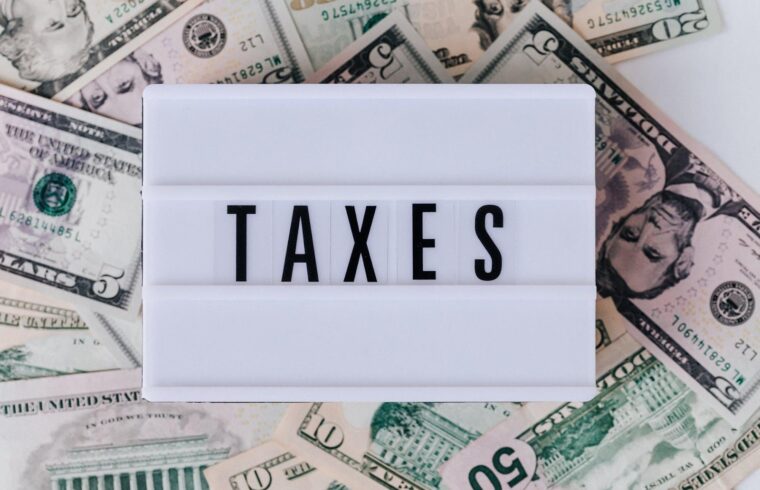As a startup owner or founder, you may be focusing on a lot of different things to lead your business to success, from product development to market research. But another crucial variable to consider that a lot of entrepreneurs put to one side, is tax planning. It may not seem like the most exciting part of your business, but down the road it can be very rewarding when it saves you thousands of dollars on your tax bill. The money you save from tax planning can provide additional capital for your business that you can use for further growth.
Being diligent with your taxes is important to avoid potentially serious consequences down the line. And for startups, there are some things every owner or founder should know when it comes to taxes. And to help you out, we’ve listed the main ones below.
Business Structure Selection
Your taxes are largely dependent on the kind of business structure you’ve chosen for your startup. There are several ways you can structure your business, from a sole proprietorship to corporation.
Sole proprietorships are the most straightforward type of business structure. There is no separation between the business and the owner, and as such, sole proprietors must report all business income or losses in their personal income tax return. Meanwhile, if you are forming a limited liability company (LLC), the main benefit is avoiding double taxation. That’s because LLC’s earnings can be passed straight through to you as an owner, without having to pay corporate federal income taxes first. And as the owner, you have the option to be taxed either as a C corporation or as an S corporation. C corporations on the other hand are the most popular choice for founders looking for funding, but are generally subjected to two levels of tax on their income — corporate and personal.
Business and Personal Accounts
Another important thing to take note of for a startup’s tax planning is separating your business accounts and expenses, from personal ones. It’s ideal to do this from day one, because it greatly simplifies things and makes it easier to manage your finances, specifically your business taxes. Plus, by not doing this, it can cost you a lot more money down the line.
Even though no startup is 100% sure to stay afloat in the beginning, there is no excuse to run your business from your personal account. That is why it’s important for business owners to get a business checking and savings account, and make sure business income and expenses go in and out of the business account. In addition, not separating your business and personal expenses will also make filings taxes much harder and costlier, because you’ll have to go through every receipt with a fine-tooth comb, instead of simply creating a report from your business’s bank and credit card accounts.
Payroll
When it comes to paying your employees, there are endless tax-related responsibilities. Therefore, it’s important to understand the ins and outs of payroll. Startups who face payroll-related tax issues are usually asked to pay steep penalties. That is why it is crucial for you to pay your state and federal payroll taxes in a timely manner, within three days of issuing payroll checks. Payroll taxes are usually calculated as a percentage of the salaries the company pays to its employees. The taxes that are taken out of employee pay, are collected by employers, and paid by employers on behalf of the employees and the company.
Tax Professionals
Tax planning can be daunting, especially if you’re just starting out, as it’s not exactly easy to navigate federal, state, county and city tax rules. The only way to truly understand how to apply the tax code to your startup is through experience. Thus, hiring tax professionals, like an accountant, can certainly help you save money and reduce stress when tax season comes around.
Hiring a tax professional as early as possible can help you stay on track and better manage your business finances, so that you can stay focused on other aspects of managing your business. But, getting outside help for your taxes doesn’t mean that you shouldn’t at least aim to have good basic knowledge on what your tax obligations and liabilities are.
Article exclusively written for mystartupcfo.com
Authored by Rosa Jeanne












